From: The Arkham Sessions Podcast, Episode 154: “The Dark Knight Rises”
Drea and Brian connect the riots shown in the Batman film, The Dark Knight Rises, to the insurrection that took place at the U.S. Capitol on January 6, 2021. When we witnessed overt recklessness, aggression, and supremacism among radical conservatives in our news, many blamed individual factors, calling them “crazy” and “deranged.” This episode disentangles political radicalization from mental illness and outlines the psychological mechanisms more likely at play.
———
In their coverage of the third and final film in the Nolan trilogy, The Dark Knight Rises, Drea and Brian connect the events surrounding Bane's violent coup to the insurrection at the U.S. Capitol that took place on January 6, 2021. With a focus on explaining the fundamental causes of real-world terrorism, Drea outlines the psychological mechanisms involved in political radicalization and extremism, and clarifies widely held myths about the role of mental illness as a factor.
As we observe displays of overt recklessness, aggression, and supremacism among radical conservatives in our news, we tend to blame individual factors such as mental illness. However, there's little field evidence that points to a relationship or predictive connection between mental disorders and terrorism. Experts in psychology who analyze the biographies and profiles of militants, in fact, find that groups of terrorists and insurgents rarely include persons with serious mental illness given the risks of sabotage and mission abandonment. Social indoctrination, deprivation, and personal uncertainty are found to be better predictors of violating laws of democracy and advocating the supremacy of one group (racial, religious, political, social, etc.).
Bane, in particular, generalized his childhood abuse and isolation, directing his blame and anger toward mainstream agents of power. In fact, individuals who radicalize often hold distorted perceptions that they have been wronged or disenfranchised. They believe, usually with little to no evidence, that they're underserved or targeted by mainstream society. Shared characteristics include social disconnectedness, the need for order and certainty, and feelings of intense envy. Much like Bane, political extremists are overly simplistic in their beliefs, overconfident in their actions, and intolerant of differences in their "quest for significance."
The Dark Knight Rises may be a test of our endurance with its chilling and prolonged siege (clocking in at 2 hours and 44 minutes). The emergence of Robin offers a glimmer of hope and reminds us that it is often too difficult to "unwire" or "reverse" extremist ideologies (cue Bruce Wayne's retirement). Prevention, social diversity, and the sharing of basic necessities are the preferred pathways toward peace.

